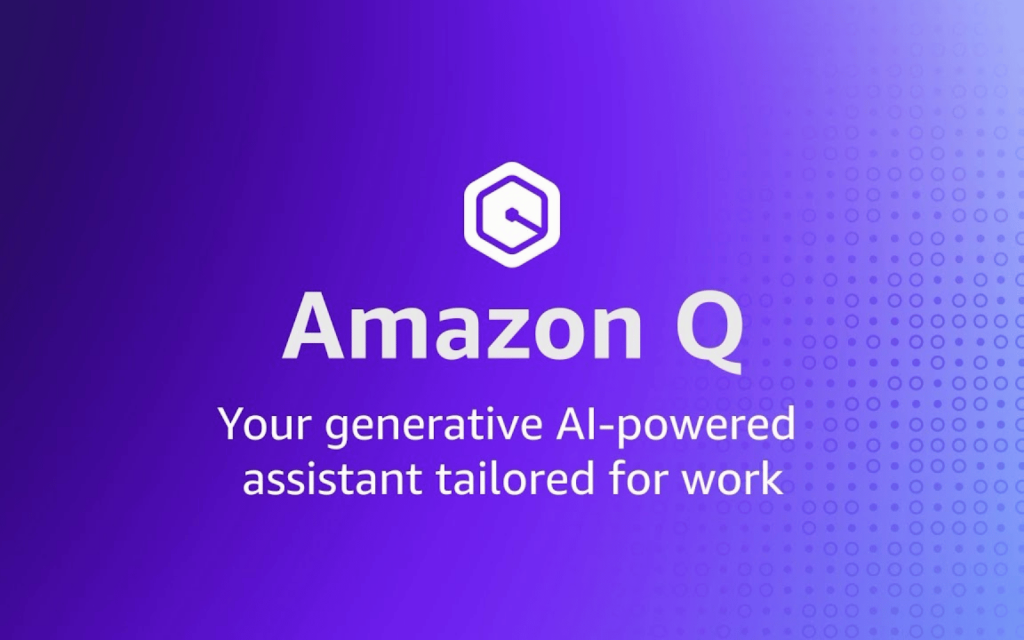Although late to the chatbot party, Amazon has unveiled a newcomer in the artificially intelligent space called Q. Unlike ChatGPT, Amazon’s attempt is aimed at Amazon Web Services (AWS) business customers, using their own data securely.
“We think Q has the potential to become a work companion for millions and millions of people in their work life,” AWS CEO Adam Selipsky told The New York Times.
Enter Q
AWS is the largest cloud computing provider, followed by Microsoft’s Azure, which calls its own AI offering Copilot. This is based on OpenAI’s GPT-4 and Microsoft’s 49% shareholding through its $13 billion investment, which gives you a sense of the market – and investment enthusiasm – for AI services. Amazon has, so far, invested $4 billion in AI start-up Anthropic, which is a competitor to OpenAI, as well as its own AI service called Titan. There are other corporate chatbots from Google (called Duet AI) and OpenAI’s ChatGPT Enterprise.
AWS clearly wants to highlight its secure approach to its customer’s data. Selipsky said many companies “told me that they had banned these AI assistants from the enterprise because of the security and privacy concerns”.
Access to the kinds of data, or security privileges, an employee would normally have, would be replicated in what response Q could provide. Described as your “business expert”, Q offers over 40 built-in connectors for some of the biggest enterprise applications and document repositories, with services like Gmail, Slack and Microsoft365 the most prominent among them.
And, as the geeks in Stuff Towers debated the letter’s reference, Selipsky admitted it was partly named for being the first letter of the word question – but also the James Bond and Star Trek characters named Q.
Read More: Long hours and low wages: the human labour powering AI’s development
As for what it’ll actually do, Amazon’s announcement overview spells it out neatly.
“Amazon Q can help you get fast, relevant answers to pressing questions, solve problems, generate content, and take actions using the data and expertise found in your company’s information repositories, code, and enterprise systems. When you chat with Amazon Q, it provides immediate, relevant information and advice to help streamline tasks, speed decision-making, and help spark creativity and innovation at work.”
This much more specific form of using generative AI appears to be a huge growth opportunity for cloud service providers, who already have their customers’ data on their servers. Adding this layer of AI to that is a no-brainer for a CIO or IT manager.
We know how much that is worth to the big cloud players because of the price they charge. Amazon Q will cost $20 (R370) per user per month, which is a nice upsell on an existing customer. Microsoft and Google have both set this at $30 (R550) per month, but also offer email and messaging hosting.




